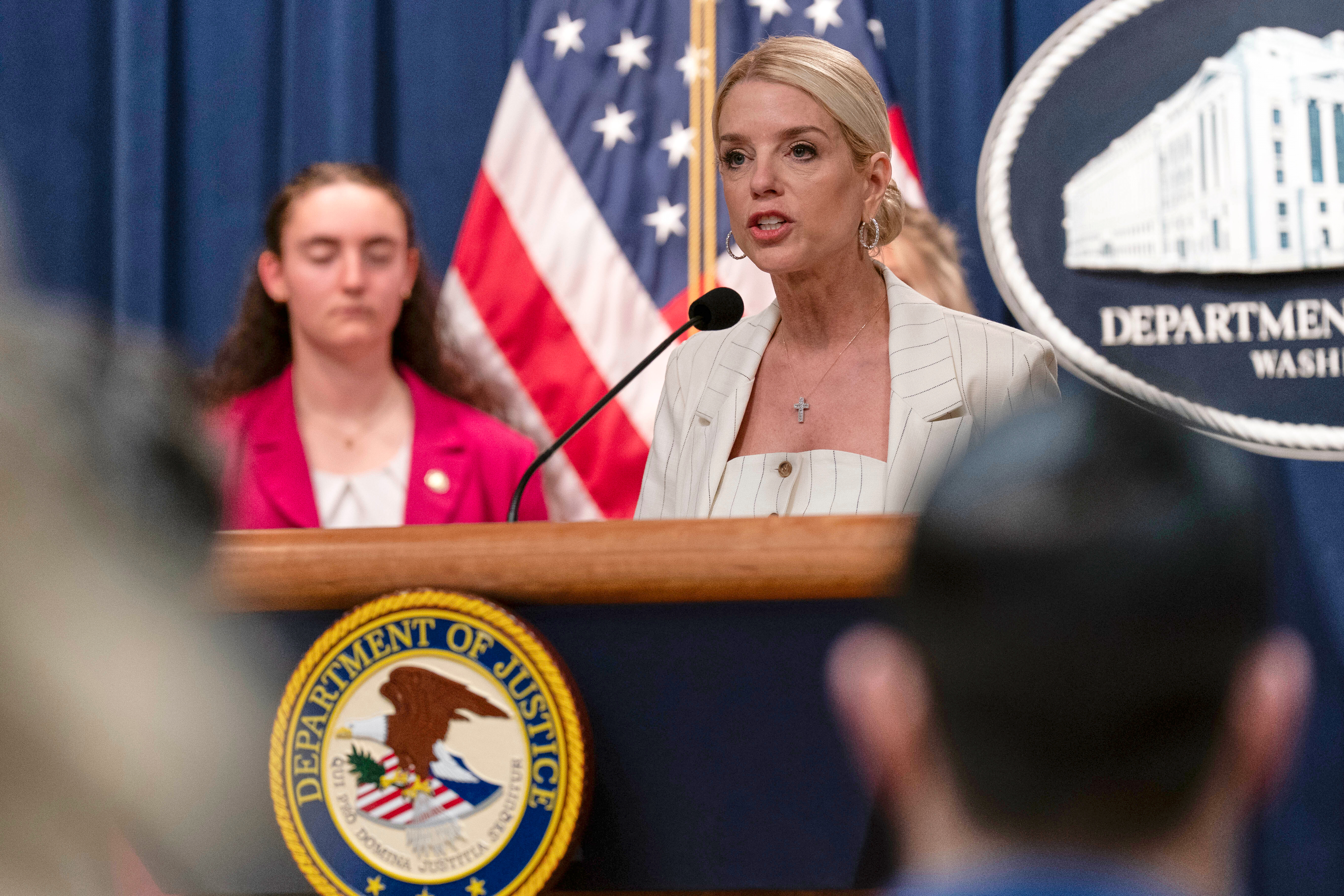As the clock ticks down on yet another government shutdown, experts say it's a trend that will likely continue in these hyper-polarizing political times.
There have been 20 government shutdowns since 1976, and should lawmakers fail to reach a deal this time around, four shutdowns will have occurred in the last decade alone. And while government shutdowns nearly always end with lawmakers coming to some type of an agreement around appropriations bills, it's the collective trend that could end up costing Americans.

What's the cost of a government shutdown?
The longest government shutdown lasted 34 days and is estimated to have cost the U.S. government some $3 billion.
Earlier this week, Moody's investor service — the last remaining major credit grader that has given the U.S. a top rating — said that a government shutdown could negatively impact the U.S. economy and credit score. According to a Moody's note reported by Bloomberg and Reuters, analysts warned that "a government shutdown would demonstrate the significant constraints that intensifying political polarization continue to put on U.S. fiscal policymaking during a period of declining fiscal strength, driven by persistent fiscal deficits and deteriorating debt affordability."
The brinkmanship regarding the debt ceiling earlier this year — fueled by partisan gridlock — factored into credit rater Fitch's decision to downgrade the U.S. economy.
"The repeated debt-limit political standoffs and last-minute resolutions have eroded confidence in fiscal management," Fitch said at the time.

These are the services that would be impacted by a government shutdown
From air travel to a program that makes sure newborns are being fed, a government shutdown would have wide-ranging consequences.
Recent government shutdowns have flattened the U.S. indices, stunting market growth and injecting more economic uncertainty for Main Street, says John Sonsalla, a senior vice president at Washington Analysis.
"Markets and Main Street love predictability," he told Scripps News. "And there's nothing more unpredictable in Washington than a government shutdown. Americans overwhelmingly are concerned about the gridlock's impact on the nation."
According to a recent Pew Research survey, 62% of Democrats and 63% of Republicans said the two parties' inability to work together is a very big problem for the country.









